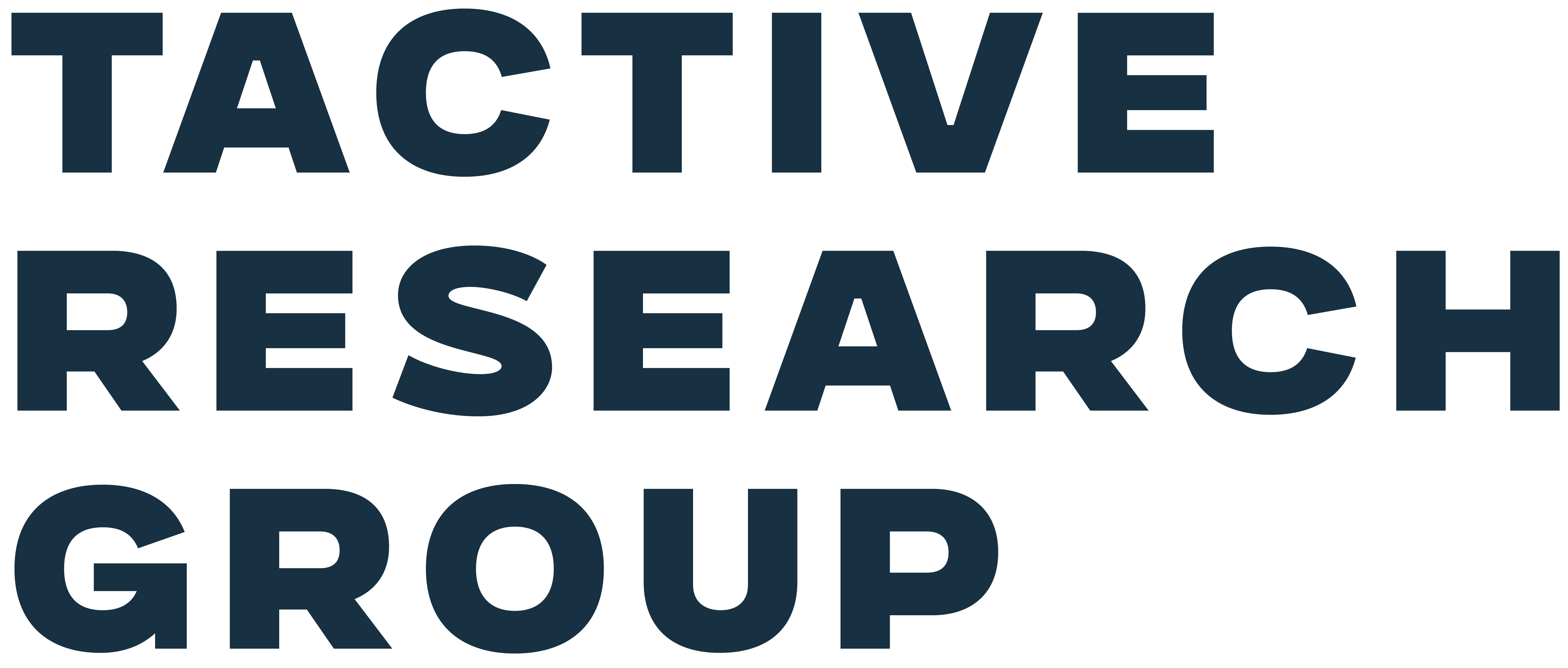Technologies such as AI, cloud and IoT are changing how businesses operate and increasing their digital connectivity. This connectivity leads to increased productivity but leads to digital threats which can harm a business’ reputation. The 2023 State of Digital Trust from ISACA, a global association for IT governance, states that only 53% of organizations are very or completely confident in their digital trust efforts. This shows that not everyone is making digital trust a key focus and more can be done. CIOs should implement a digital trust framework within their business to improve brand perception, achieve better data privacy, reduce data breaches and increase enterprise revenue.
What Is Digital Trust?
Digital trust is the belief that businesses will protect and responsibly use a user’s digital data. Digital trust covers multiple areas such as security, IT, communication and privacy. It can be divided …

